THE SECRET LIFE OF A PUBLISHING COMPANY
THE SECRET LIFE OF A PUBLISHING COMPANY
A short introduction to Inkspot Publishing
 Inkspot Publishing is an indie micro publisher founded in 2022. We released five titles in 2023 and are due to release four more in 2024. Our bag is commercial literary fiction, but one of our 2024 releases will be The Neglected Samurai by Jurcell Virginia and Hideo Muramatsu, our first non-fiction title.
Inkspot Publishing is an indie micro publisher founded in 2022. We released five titles in 2023 and are due to release four more in 2024. Our bag is commercial literary fiction, but one of our 2024 releases will be The Neglected Samurai by Jurcell Virginia and Hideo Muramatsu, our first non-fiction title.
Jurcell and I have collaborated on this book for the past seven years (our neglected samurai is actually quite pampered …) so when I mooted the idea of setting up a publishing company, Jurcell was immediately in.
This post is the first of three, which collectively form an attempt to condense two years of work into some kind of framework representing where we are now. Two years of discussion, planning, research, tedious background toil, consultation, shameless favour-grabbing, press-ganging, begging, guesswork, trial and error, head-scratching, downright failure, coin-tossing, flagrant stabs in the dark, downright failure and quite a lot of terrible cursing. We have put in a lot of cash. Some we’ve invested wisely. The rest has been spaffed, but no experience is ever wasted, right? We have been sustained by fellowship, coffee, red wine and encouragement, plus a lot of finger-crossing and daydreaming, with the occasional jewel-like moment of success. Intermittent reward is what keeps inveterate gamblers going.
The initial motivation came from having my publishing contract terminated. Once I had finished licking my wounds, I had a variety of not-very-attractive choices. I could start the search for representation from scratch, i.e. send out synopses, opening chapters, covering letters, each painstakingly tailored to fit the requirements of X, Y or Z … ugh. It’s time-consuming and soul-destroying, especially when the rejections start to trickle in. Trickle is the opimal word, as no matter how many submissions you send out into the indifferent universe, only a fraction of recipients bother to reply. My second option was to self-publish. This was also not remotely appealing. Certainly in the UK, there is a huge amount of literary snobbery about self-published books, and sadly some of it is justified. The covers are awful. The typesetting is bad. They’re riddled with egregious typos and errors, and as for the content – well. Let’s just say it’s patchy at best, and the diamonds drown in an enormous heap of slurry. US self-publishing tends to be significantly more professional. American authors produce books that are indistinguishable from those released by the big publishing houses. Many British self-published authors should take inspiration from their American cousins, and should really raise their game. On a practical level, the other drawback to being a self-published author is that you are ineligible for a number of prestigious literary prizes. For all these reasons, this was a road I didn’t want to travel.
Then it occurred to me that I could set up a publishing company of my own. How hard could it be? It would be like self-publishing, except on steroids. I could publish my own work and that of other authors too. I knew I had great content. I could make sure our covers were beautiful, eye-catching and original and yet also instantly reflect their genre. I could ruthlessly root out every error and ensure that the typesetting was the acme of professionalism, and top it all with a generous PR and marketing budget (please bear in mind that everything is relative; our PR pot is dwarfed by the mainstream giants.) If books can be compared to debutantes, ours have beauty, brains, heart, soul and decent dowries. How can they possibly fail?
They need luck as well. What is it that gets a book by an indie publisher to a tipping point? If it’s read and reviewed enough times, the Amazon algorithms will give it a boost. Maybe it’s recommended by someone with influence. A bookblogger with a big following, a bookstagrammer or booktokker. Reese Witherspoon’s Book Club may pick it up. Even Oprah (imagine that?). Life-changing stuff. Maybe it hits the zeitgeist for some reason. This is invariably unpredictable, ever-changing, nebulous, and can’t possibly be planned ahead. The writing of a book can take years, and even when the manuscript has been finalised, by the time the book is produced, the world has moved on. We are also painfully aware that most publishing companies are kept afloat by one or two successes which carry the remainder of their list. Most books, even those considered successful, sell in the hundreds or the low thousands.
All very sobering, but we went ahead anyway. No pain, no gain. Despite the pitfalls, it’s an exciting undertaking. Our relationships with our authors keep us going, plus the sheer love of the books. We are taking charge of their babies, an awesome responsibility. To paraphrase John Cleese’s character in the movie Clockwise: ‘It’s not the despair that worries me. I can handle despair. It’s the hope that’s killing me.’
Join me for the next post, which lays out a comprehensive blueprint for setting up a publishing company.
—

Catherine Evans, Cathy Horlick, Silver Apples Photography
Catherine Evans was born in South Africa and grew up in Swaziland and Malawi. After a degree in English Literature and Psychology with UNISA (the University of South Africa), she worked in the City for twenty years. She is currently a Non-Executive Director for Phoenix Copper Limited, which focuses on the exploration of green metals in Idaho, USA. She lives in Oxfordshire with her husband and daughter. She also has three stepdaughters. She is the author of The Wrong’un. All Grown Up is her second book. She set up Inkspot Publishing with Jurcell Virginia in 2022.
Category: Contemporary Women Writers, On Writing








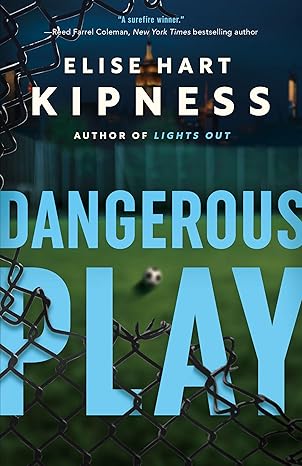
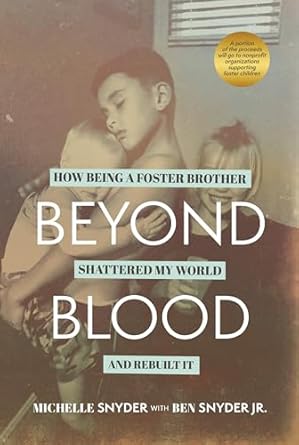
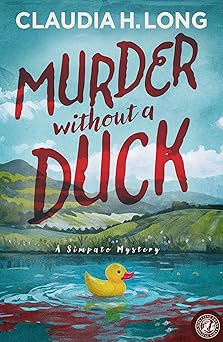


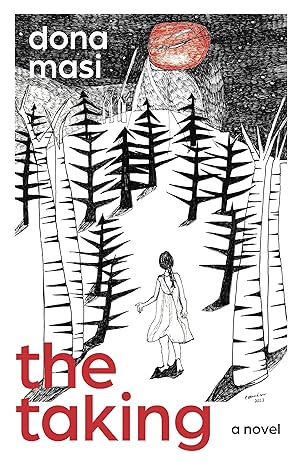

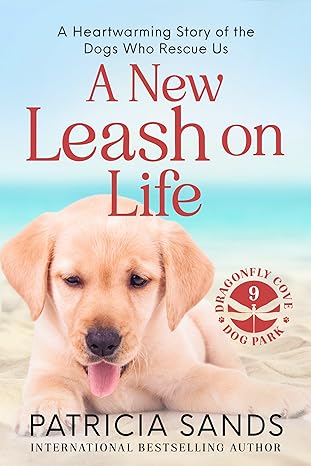

Comments (1)
Trackback URL | Comments RSS Feed
Sites That Link to this Post